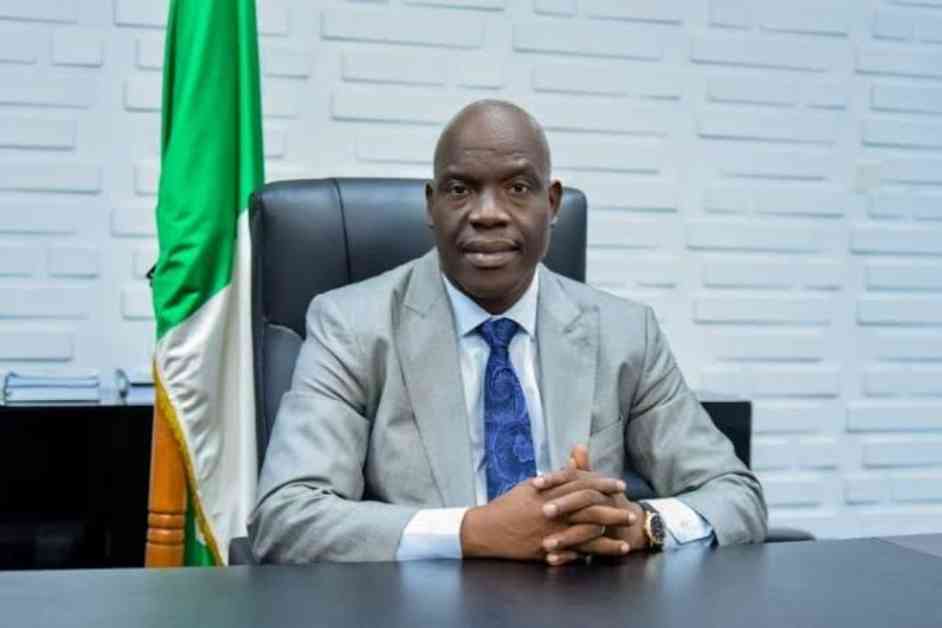The Nigerian Upstream Petroleum Regulatory Commission has selected 31 experienced fund managers to handle the investment of 20% of the 3% yearly funds allocated to Host Communities Development Trust Funds. This announcement was made during a Town Hall meeting at Watbridge Hotels in Uyo, Akwa Ibom State last Friday. The event was a collaboration between the Commission, HOSTCOM Project Management and Advisory Konsult Ltd, and the Host Communities Development Board of Trustees for Akwa Ibom and Abia States in 2024.
Mr. Etukudo Williams, representing the CEO of NUPRC, Engr. Gbenga Komolafe, shared that some Community Trusts have already started engaging with these fund managers for the proper management of funds. The Commission has granted approval for the incorporation of 167 Host Community Development Trusts, with 124 fully incorporated with the Corporate Affairs Commission, and 70 accounts funded by oil companies.
High Chief Style Benjamin Tamaran-Ebi, the national chairman of the Host Communities of Nigeria Producing Oil and Gas, mentioned that oil companies in Nigeria have begun the mandatory three percent contribution to the Host Communities Development Trusts as outlined in the Petroleum Industry Act 2021. Out of the 167 Trusts incorporated, 70 have received over N80bn and more than $150m in the years 2021-2022.
Tamaran-Ebi emphasized the importance of investing these funds in sustainable development projects to bring about positive transformation in the communities. He urged communities to protect the projects and ensure transparency in fund usage for future allocations.
Etim Uno, the Akwa Ibom State Commissioner for Environment and Mineral Resources, stressed the need for effective collaboration among members of the Trusts, Management Committees, and Advisory Committees to facilitate the smooth implementation of the PIA in impacted communities. Uno highlighted that issues related to leadership struggles within community Trusts could hinder the progress of PIA implementation in certain oil and gas communities in Akwa Ibom.
In conclusion, it is evident that the allocation of funds to Host Communities Development Trusts is a significant step towards fostering sustainable development in oil-producing regions. Proper management and utilization of these funds are crucial for the long-term benefit of the communities involved. The call for transparency, accountability, and strategic investment in development projects is essential to ensure the desired impact on the communities. By working together and focusing on sustainable development initiatives, these communities can look forward to a brighter future.
